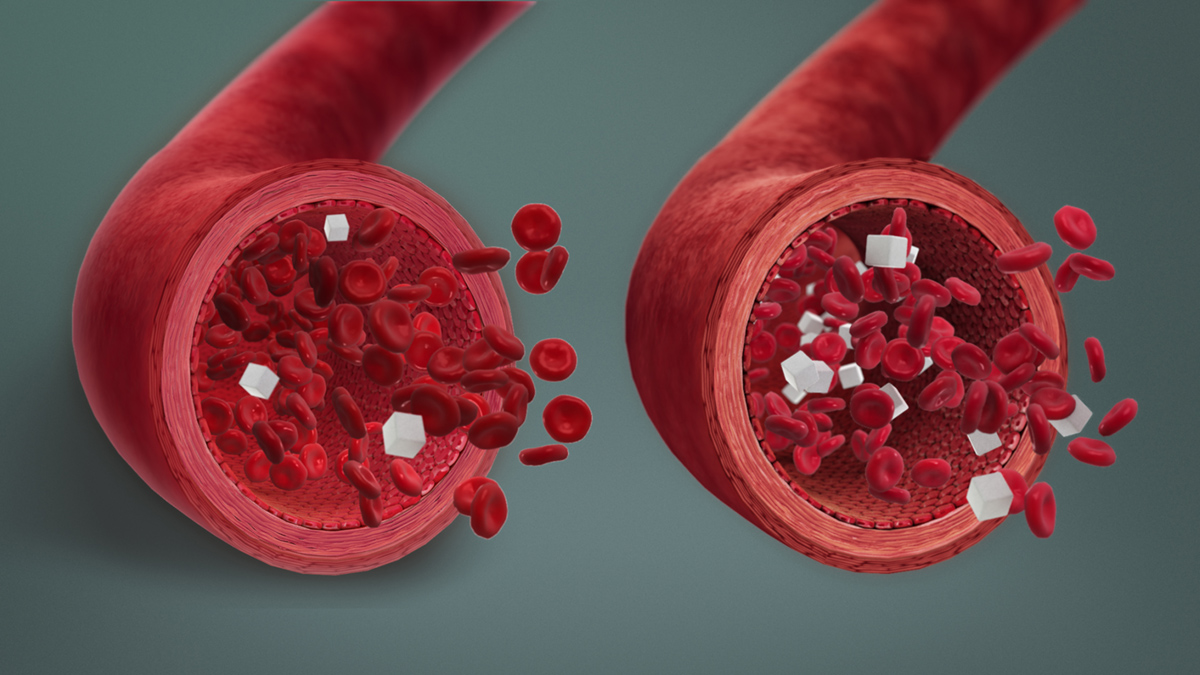
What is hypoglycemia?
Hypoglycemia if translated from Latin means “low blood sugar” and is referred to as a lower amount of glucose in the blood than it should be. This is a pathological (abnormal) state that can produce various symptoms and effects. The chief problem with hypoglycemia is inadequate supply of glucose as fuel to the brain, which is very energy-hungry organ. This leads to impairment of brain function, or neuroglycopenia. Lack of fuel to the brain may result only in symptoms such as feeling bad and drowsy, to serious conditions such as coma. In rare cases, neuroglycopenia can even have a deadly outcome. Hypoglycemia can be caused by many conditions, and can occur at any age and affect anybody.
There are two types of hypoglycemia, the reactive hypoglycemia and the functional hypoglycemia. Reactive hypoglycemia is caused by external influences, such as diet and use of certain medications. This form of hypoglycemia is fairly easy to treat, control or cure. Functional hypoglycemia is caused by a metabolic malfunction and is much harder to manage. Typical causes of functional hypoglycemia include excess production of insulin, or improper functioning of the body's system that manages insulin – insulin resistance. If there is no physical cause for the drop of blood sugar level, then hypoglycemia is deemed as idiopathic.
As the brain depends on blood sugar as its primary source of energy, hypoglycemia will limit with the brain's ability to function properly. In other words, hypoglycemia causes dizziness, headache, blurred vision, and makes concentrating difficult. It can even lead to much more serious neurological symptoms. The body produces excess quantities of epinephrine, nor epinephrine and other body hormones when there is a low level of sugar in the blood, as these hormones help to raise level of glucose in the blood. Excess amount of these hormones causes tremor, sweating, rapid heartbeat, anxiety andhunger.
The amount of glucose in the blood is mostly controlled by two hormones, insulin and glucagon. Lack or excess amount of one of these causes either a rapid fall of blood sugar level (hypoglycemia) or a sudden rise of it (hyperglycemia). Both these hormones are produced by the gland in the upper part of the abdomen, known as the pancreas. When the level of blood sugar rises, say, after a meal, the pancreas secretes insulin, which helps glucose to enter into cells, where it will be converted to glycogen, better suited for storage. When a drop in the glucose level of the blood is below normal, it triggers secretion of glucagon, which signals the liver to release the stored glycogen and convert it to ready-to-use glucose. This returns the level of blood sugar to normal.
How to fight hypoglycemia?
A good way to get rid of reactive hypoglycemia is to use a high-carbohydrate, high-fiber, restricted-simple sugar diet. High-protein, low-carbohydrate diets are more likely to cause hypoglycemic attacks. What most people do when they feel symptoms of hypoglycemia is to eat a carbohydrate rich meal or a snack, something on the line of eating a candy bar or drinking a cola beverage. This just causes sugar level in blood to rise quickly and then plunge. It is to better to eat food with complex carbohydrates such as whole grain crackers, bagels, soft pretzel, breads or cereal, which deliver glucose over a longer period of time.


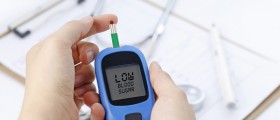
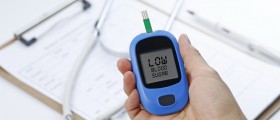
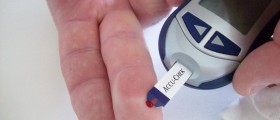


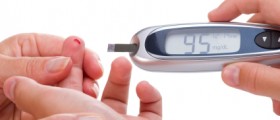


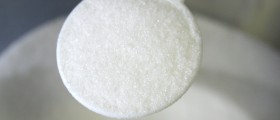
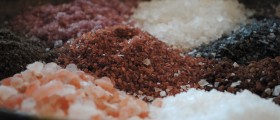




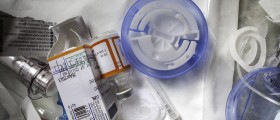
Your thoughts on this
Loading...